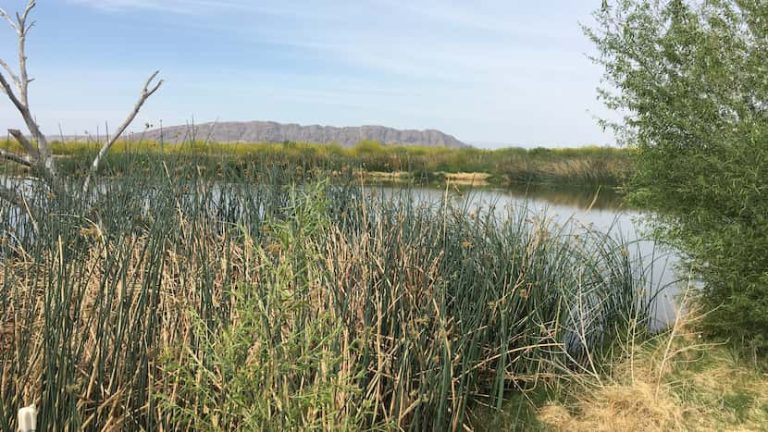WASHINGTON — The Supreme Court on Friday rejected a settlement between Western states over control of one of North America’s longest rivers.
The 5-4 decision rejects an agreement recommended by federal judges in a case over how New Mexico, Texas and Colorado should share water from the Rio Grande. The Supreme Court found that the federal government still has claims over New Mexico’s use of the water that could not be resolved through a settlement.
U.S. Circuit Judge Michael Meloy said the proposal was a fair and reasonable way to resolve the conflict between Texas and New Mexico and was consistent with a decades-old water-sharing agreement between the states and Colorado, where the river flows from.
But the federal government raised several objections, including that the proposal does not mandate any specific water reserves or limits on use within New Mexico.
New Mexico officials say implementing the settlement would require a mix of efforts, from paying farmers not to degrade their land to improving infrastructure to reduce water use in the Rio Grande. Some New Mexico lawmakers have expressed concerns, but the attorney general who led the state’s negotiations called the deal a victory.
Farmers in southern New Mexico have had to rely more heavily on wells over the past two decades as drought and climate change reduced water flows and reservoirs along the Rio Grande. Texas has sued, arguing that groundwater pumping reduces the amount of water ultimately delivered as part of an interstate compact.
The proposed settlement would allow for several measures to ensure that New Mexico meets the debt it owes to Texas.
Meanwhile, New Mexico agreed to drop its challenge to Texas in exchange for clarification of how water flowing downstream is calculated. The agreement also outlines transfers if there is not enough or too much water flowing into Texas.
Lindsay Whitehurst, The Associated Press

